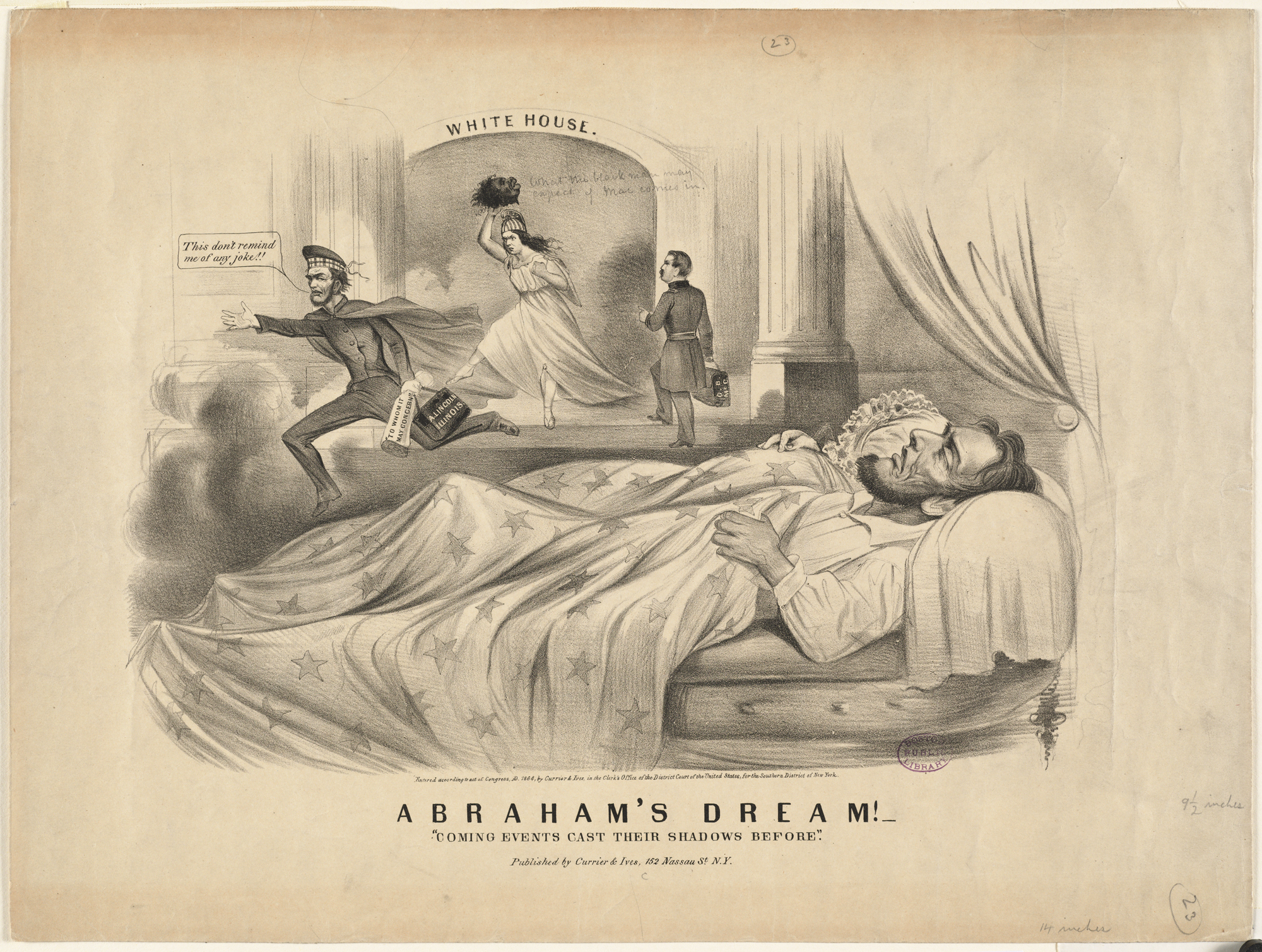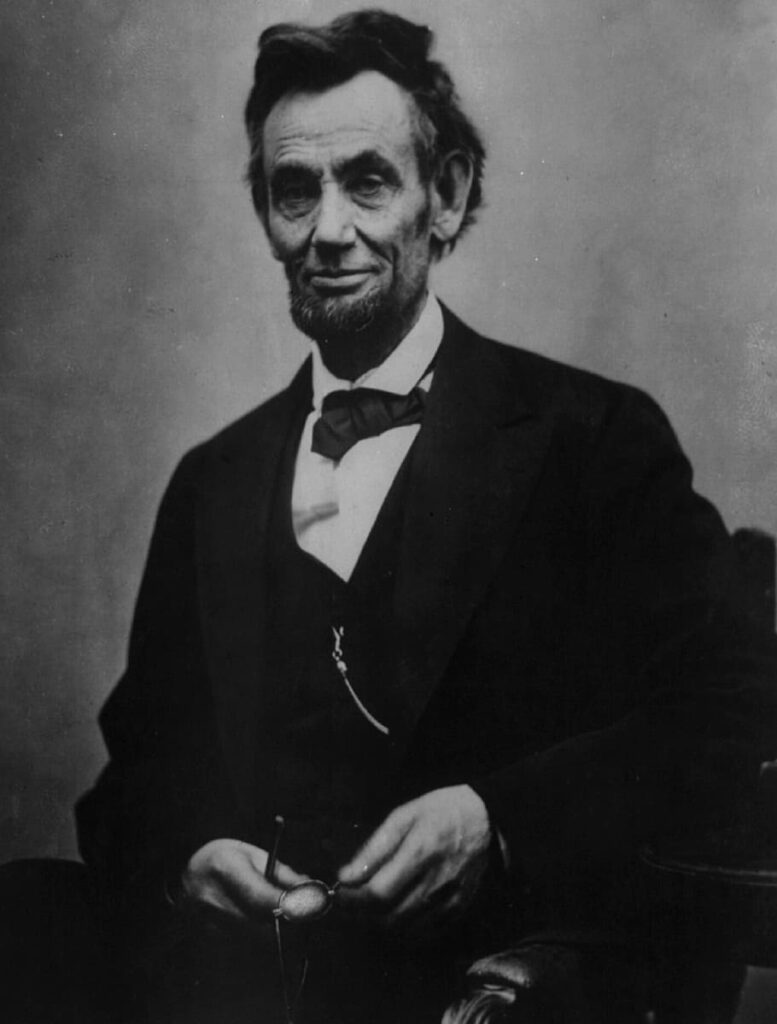Lincoln’s Leadership During the Civil War – Abraham Lincoln, one of America’s most revered presidents, navigated the nation through the tumultuous times of the Civil War. His role during this period was pivotal, serving as a beacon of hope and resilience for a divided nation.
Background on the Civil War
The Civil War erupted due to deeply entrenched differences between the Northern and Southern states over issues such as slavery, states’ rights, and economic disparities. Lincoln’s presidency commenced during this upheaval, and his approach to the conflict defined his legacy.
Lincoln’s Early Stance on the Civil War
Initially, Lincoln’s primary objective was to preserve the Union. His inaugural address in 1861 reflected this stance, emphasizing reconciliation and unity. However, as the war intensified, his perspectives evolved.
Strategic Decisions and Their Impact
Lincoln’s strategic decisions during the war, such as the Emancipation Proclamation and the Gettysburg Address, reshaped the conflict. These profound actions not only altered the course of the war but also transformed its underlying purposes.
Personal Toll: Emotional and Physical Strain
The weight of the Civil War took a toll on Lincoln, both emotionally and physically. The immense pressure of leading a fractured nation in a time of crisis left enduring marks on his health and psyche.
Evolution of Lincoln’s Ideals During the War
As the war progressed, Lincoln’s convictions about freedom and equality evolved. His commitment to the abolition of slavery became more pronounced, aligning with his growing vision for a transformed America.
The Transformation of America
Post-Civil War, Lincoln’s legacy became synonymous with the transformation of the United States. His efforts paved the way for Reconstruction and laid the groundwork for a more unified nation.
Legacy and Impact on Future Generations
Lincoln’s legacy endures through the annals of history, inspiring future generations with his steadfast leadership, unwavering commitment to justice, and vision for a more equitable society.
Conclusion
Abraham Lincoln’s impact during the Civil War was profound, shaping the course of history and leaving an indelible mark on the American ethos. His leadership, vision, and resilience remain an enduring symbol of hope and unity.
FAQs
- How did Lincoln’s views on slavery evolve during the Civil War?
- Lincoln’s views evolved from prioritizing the Union’s preservation to advocating for the abolition of slavery, eventually leading to the Emancipation Proclamation.
- What were some of Lincoln’s significant strategic decisions during the war?
- The Emancipation Proclamation and the Gettysburg Address were among Lincoln’s pivotal decisions that reshaped the conflict.
- How did the Civil War impact Lincoln personally?
- The immense pressure of leading a divided nation took a toll on Lincoln, affecting his health and emotional well-being.
- What is Lincoln’s legacy post-Civil War?
- Lincoln’s legacy lies in his transformational leadership, vision for a unified nation, and contributions to the abolition of slavery.
- How did Lincoln’s leadership influence future generations?
- Lincoln’s unwavering commitment to justice and his vision for a more equitable society continue to inspire and guide future generations.





